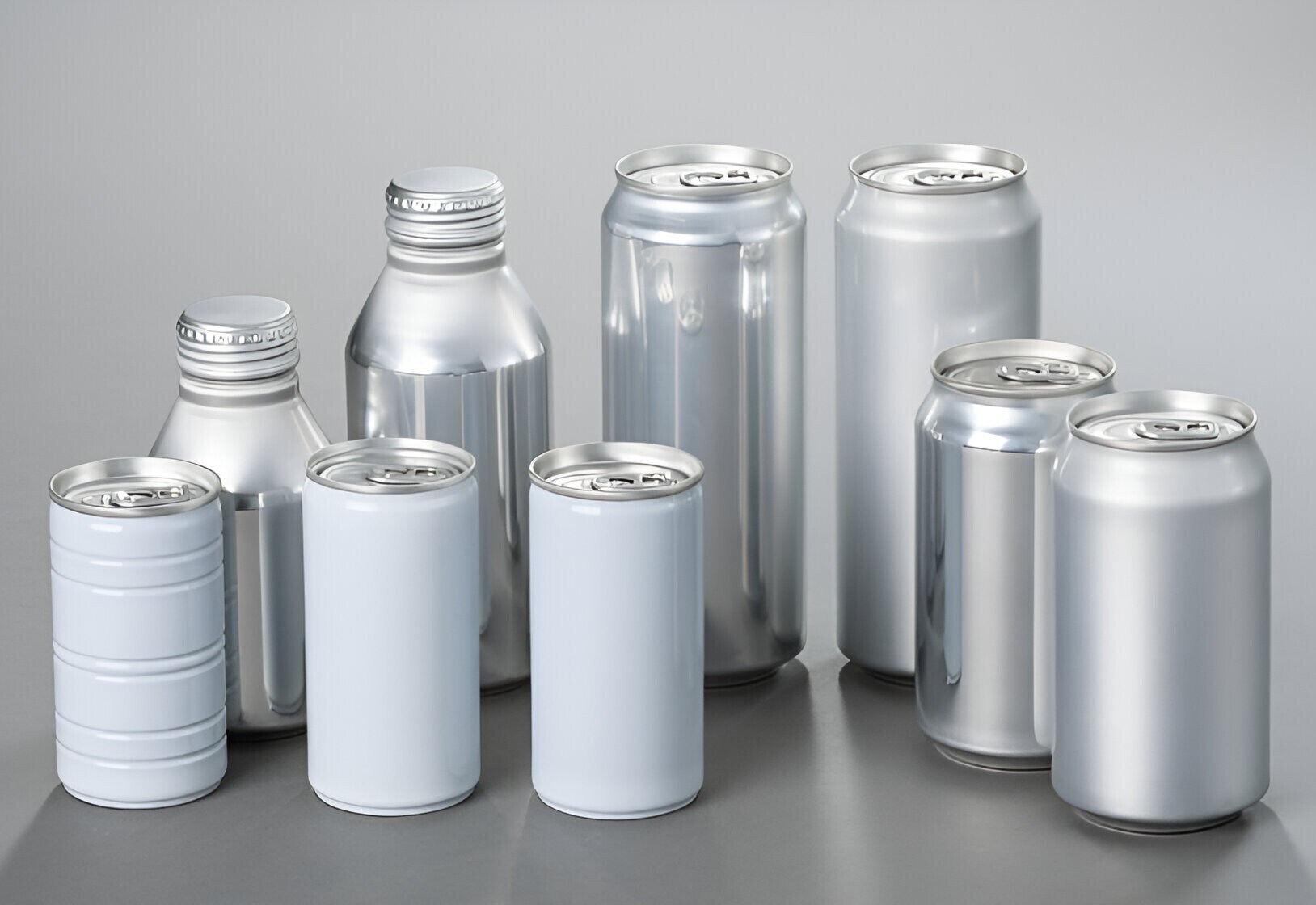您想继续阅读英文文章还
是切换到中文?
是切换到中文?

THINK ALUMINIUM THINK AL CIRCLE

Japan’s aluminium can industry is treading water. According to the Japan Aluminium Can Recycling Association (JACRA), total demand for aluminium cans (including both domestic and imported volumes) will remain at about 2.091 billion units in 2025, unchanged from the previous year. Domestic demand is estimated at 2.07 billion units, essentially flat. This makes 2025 the tenth consecutive year that aluminium can consumption has hovered around the two-billion mark.
 Image for representational purposes only (source: https://www.tskg-hd.com/)
Image for representational purposes only (source: https://www.tskg-hd.com/)
Also read: Canned out: America’s food can market declines 16.7% in four years
On the surface, the data might appear to signal maturity, even stagnation. But dig deeper, and the story is more complex. Aluminium cans dominate Japan’s beverage packaging landscape, underpinned by world-leading recycling performance, unmatched consumer convenience, and strong supply chain integration. Yet, structural shifts in beverage consumption, demographic changes, and input price volatility are holding back growth. For investors, brand owners, and manufacturers, the message is not one of decline, but of reshaping strategy in a flat-demand environment.
Why aluminium dominates Japan’s FMCG shelves
Japan’s reliance on aluminium cans is rooted in consumer behaviour and retail architecture. The country’s beverage economy is built on convenience — millions of vending machines and an unrivalled network of konbini (convenience stores) make single-serve drinks the norm. Packaging that chills quickly, fits compactly in vending machines, and is easy to carry home has a clear advantage. Aluminium checks every box.
More importantly, aluminium’s edge in Japan is reinforced by recycling economics. The country has built one of the most effective recovery and remelt systems globally. In 2024, JACRA reported a recycling rate of 99.8 per cent for aluminium cans and a CAN-to-CAN rate of 75.7 per cent, meaning more than three-quarters of recovered cans were remade into new ones. This near-closed loop significantly lowers the lifecycle carbon footprint of domestic can production, a critical factor in an economy where brand owners are pressed to demonstrate measurable ESG compliance.
…and so much more!
SIGN UP / LOGINResponses








